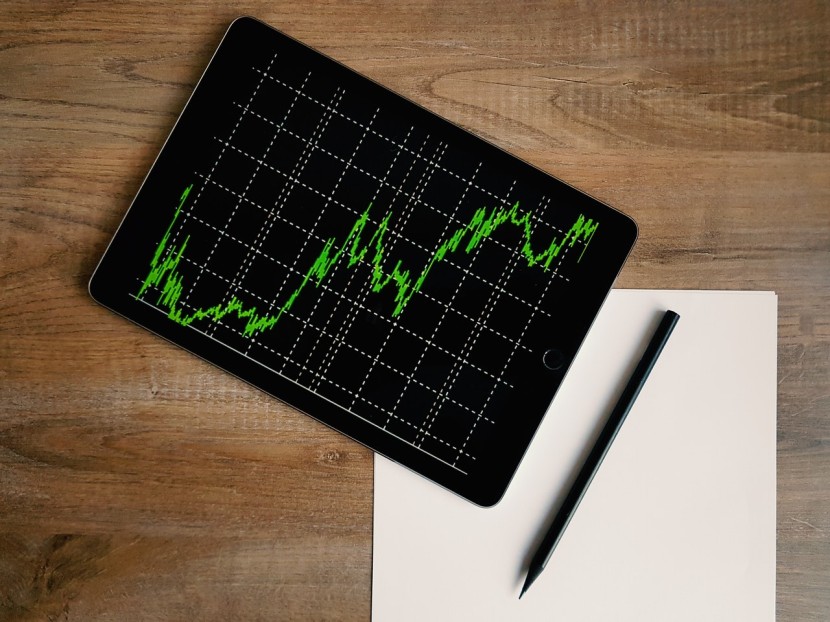
When it comes to spending your money on long-term growth, everyone tells you that it's important to start in a space you feel comfortable with. This could mean choosing stocks in an industry that you already know a lot about or experimenting with Forex if you're confident with the financial markets. However, it's important not to get too focused on one area. Pushing all of your money and attention into one asset class means that you're more likely to face serious problems with your cash reserves.
Ask any millionaire that earned their way to the top with the trading landscape, and they'll tell you that diversification is key. When you diversify your assets, you protect yourself against the unpredictability of any market. Since you don't know for certain which part of your portfolio is going to be the most successful, you hedge your bets against making the wrong forecast.
What Does it Really Mean to Diversify?
While most people have heard of this term before, they don't always understand what it means. For instance, if you're interested in day trading strategies, and you're thinking of experimenting with fast-moving stocks, you might think that you're hedging your bets if you place your investments into businesses from different industries throughout the day. While this is a good way to get started on your strategy for more financial flexibility, most experts will recommend going beyond this, and looking at different kinds of assets entirely.
For instance, if you start off by spending your money on mutual funds that so that you can get more shares for a smaller amount of money, you might eventually move on to start looking at bonds, growth funds, and international forex. The key to success is making sure that no one part of your portfolio is excessively large compared to the other. This way, if your business holdings start to lose value, you can still rely on your real-estate strategy to bring in some extra cash and vice versa. Developing the right balance between your income and growth holdings is key to protecting yourself.
Making the Right Choices
Just because you should aim towards having a completely balanced portfolio, doesn't mean that you'll be able to start with one straight away. First, you'll need to focus on the landscape that you feel more comfortable in, so you can begin making small investments into your future. As you begin to earn money back from your assets and securities, you can then start to think about where you might want to head next.
If you're feeling uncertain about which direction to move in, then the best bet is usually to talk to a financial advisor. The kind of assets that work best for you will usually depend on the amount of money that you have to spend, and how much risk you're willing to take on. An advisor will look at both of those elements alongside both your short-term and long-term goals to help you build a strategy that seems suitable for you. As you spend more time in the market, you can adjust this plan as you see fit.
© 2026 HNGN, All rights reserved. Do not reproduce without permission.








